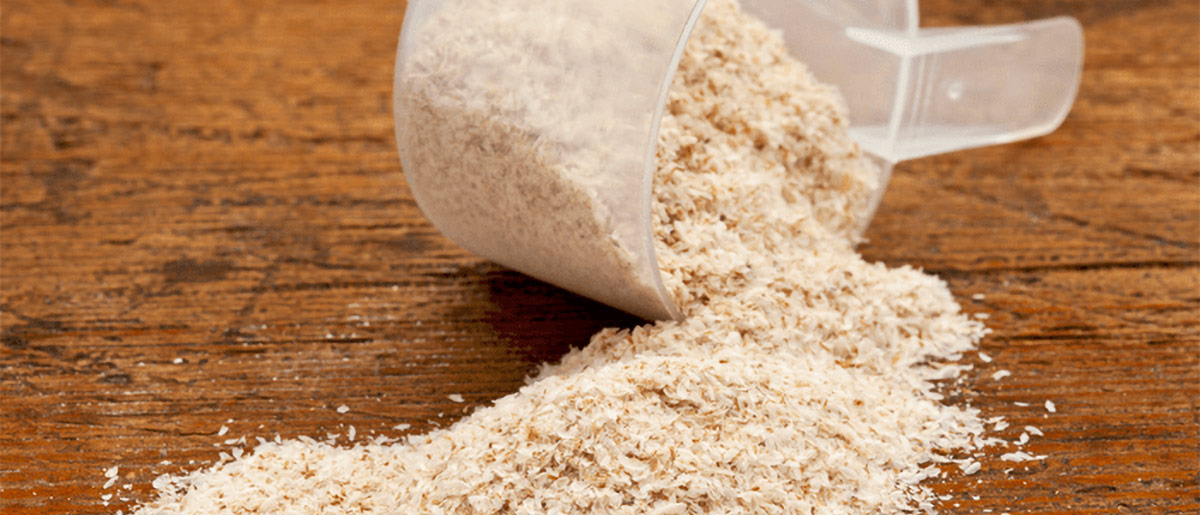IMPORTANCE OF FIBRE

What is Fibre? Dietary fibre describes the part of the plant that can’t be digested. It is an important part of our diet because it adds bulk to keep other foods moving through the digestive system, which is essential for inner health. Dietary fibre can be divided into two distinct types: Soluble fibre form as a gel-like material. It helps restore regularity and lowers cholesterol. Good sources include oats,beans,peas, many types of fruit, and psyllium husk, found in Metamucil. Insoluble fibre does not dissolve in water and moves through your digestive system quickly and largely intact. Good sources include wheat bran, whole-grain cereals and breads, and many vegetables. The secret to getting enough fibre is to eat a well-balanced diet that includes variety of high-fibre foods.
Why is Fibre important? Fibre is a key component in maintaining everyday and long term health. The National health and Media Research Council recommends a daily fibre intake of at least 30 grams. “A diet lacking in fibre has been connected to complaints such as constipation, haemorrhoids, irritable bowel syndrome (IBS) and raised blood cholesterol, yet the average Australian still fails to meet the recommended daily intake of dietary fibre to a level which reflects a much lower incidence of disease.” - Prof Terry Bolin
Some scary truths: Most Australian adults do not reach their recommended daily fibre intake Average fibre consumption is just 20-25 grams a day, well below the recommended 30 grams.

